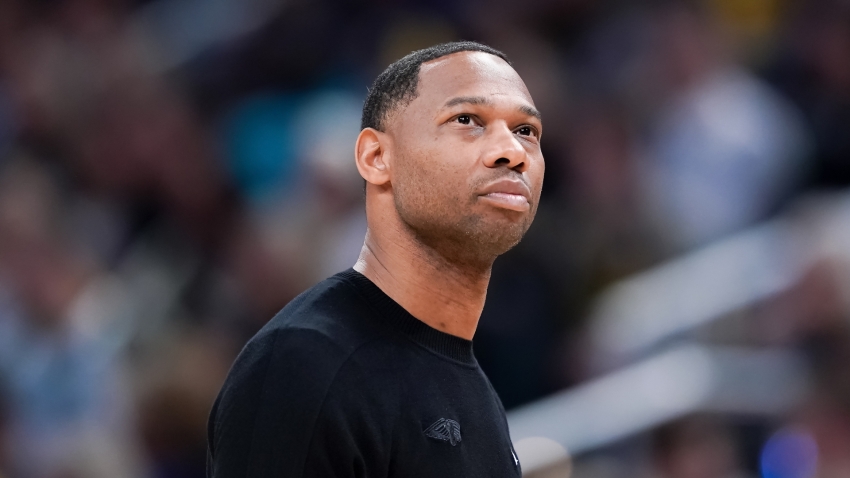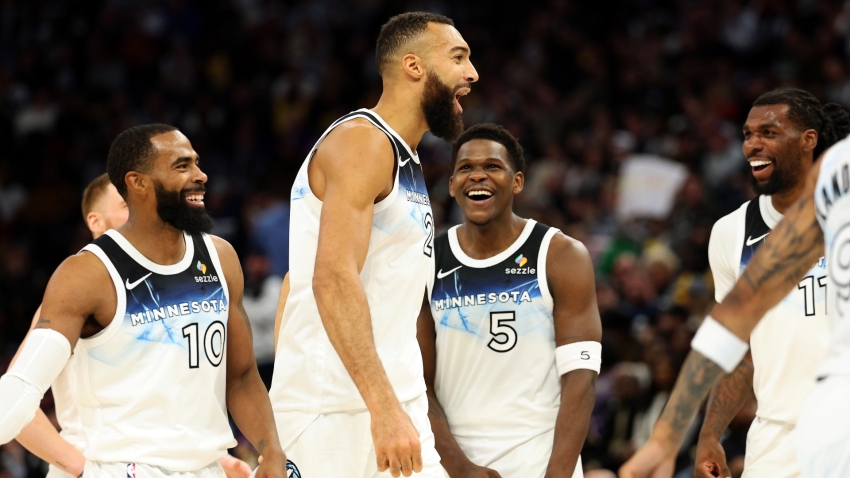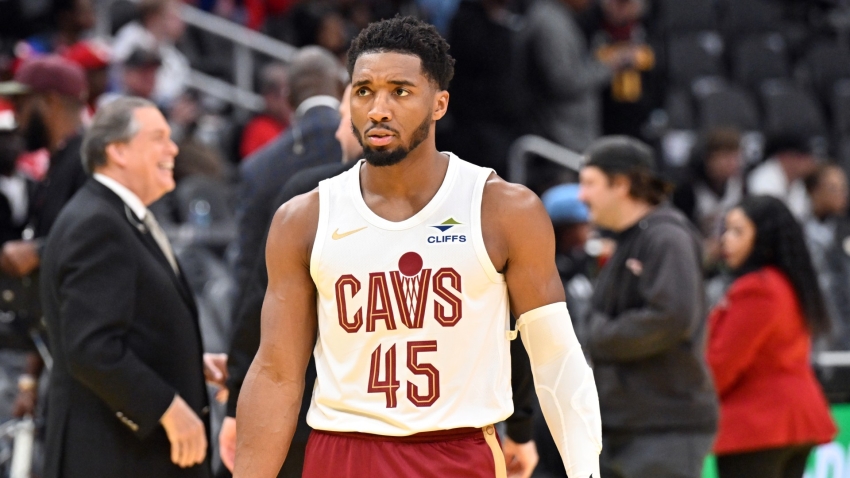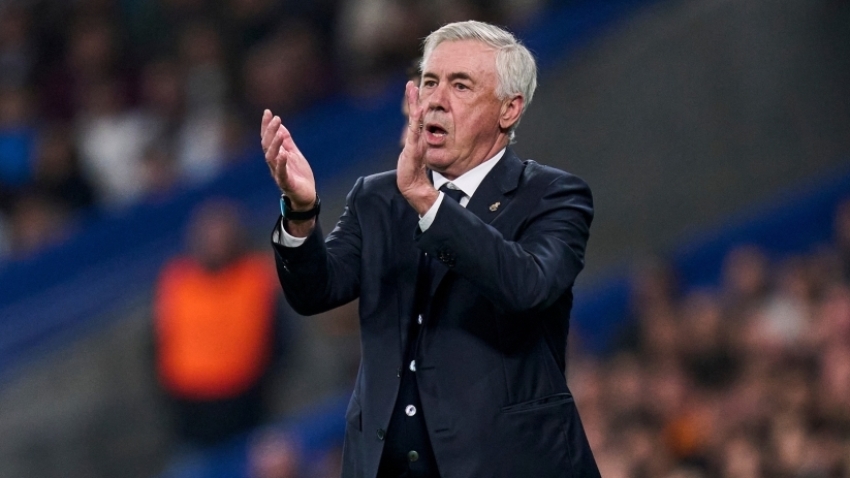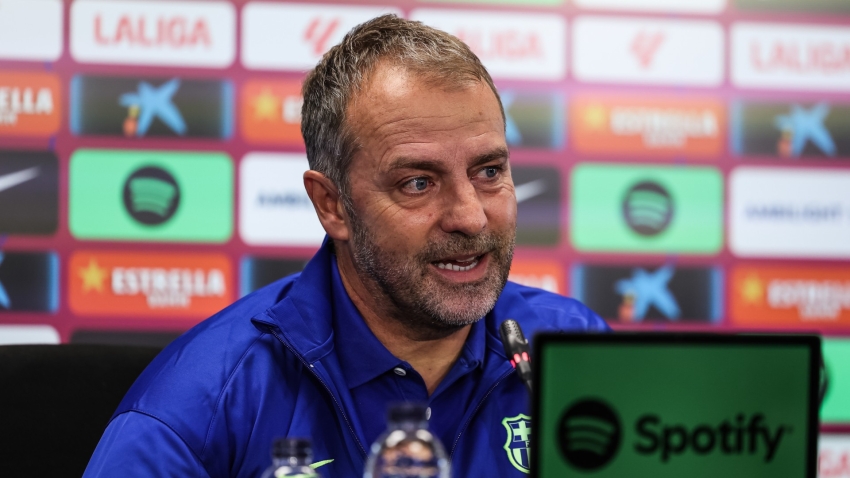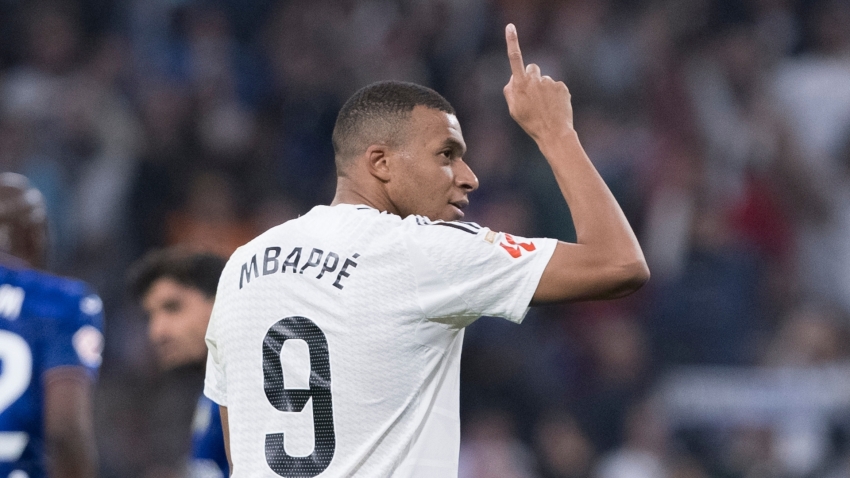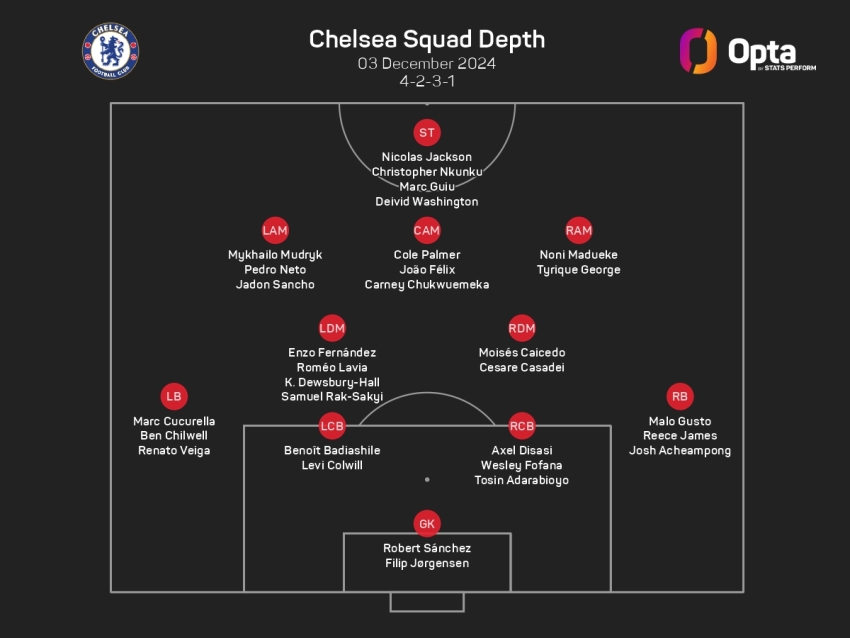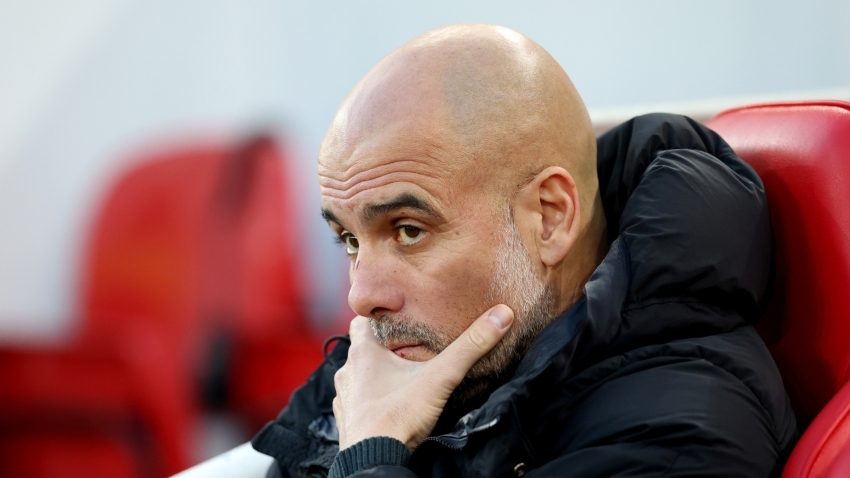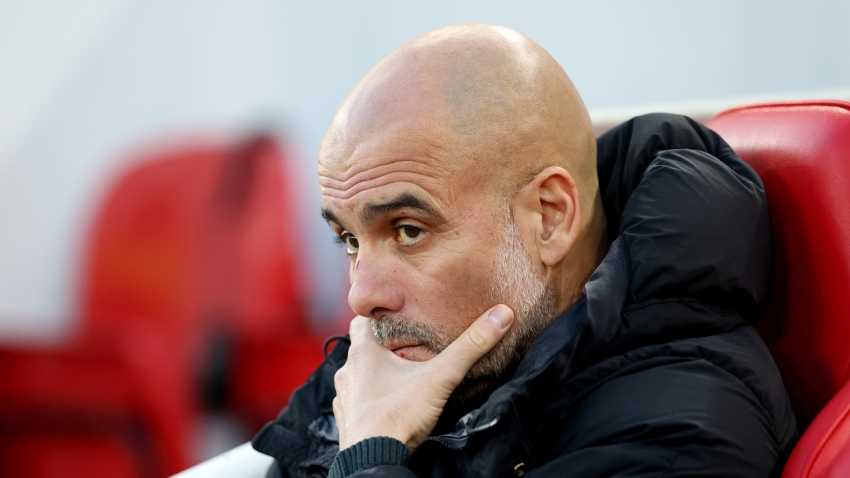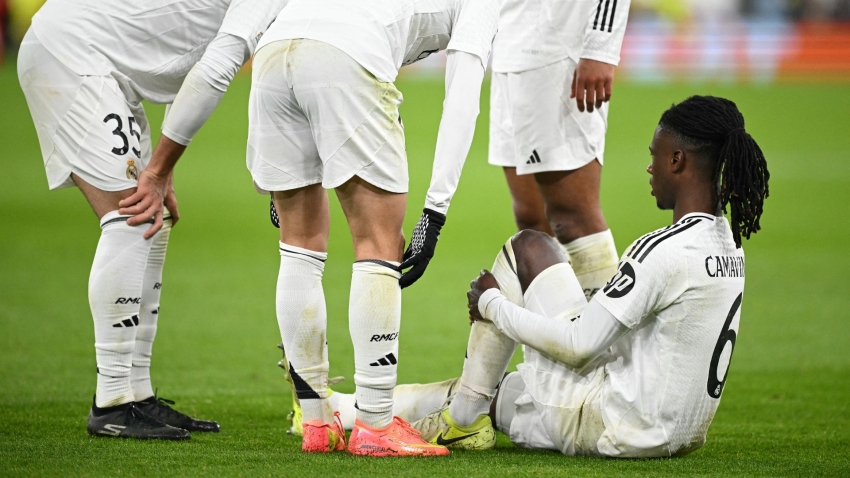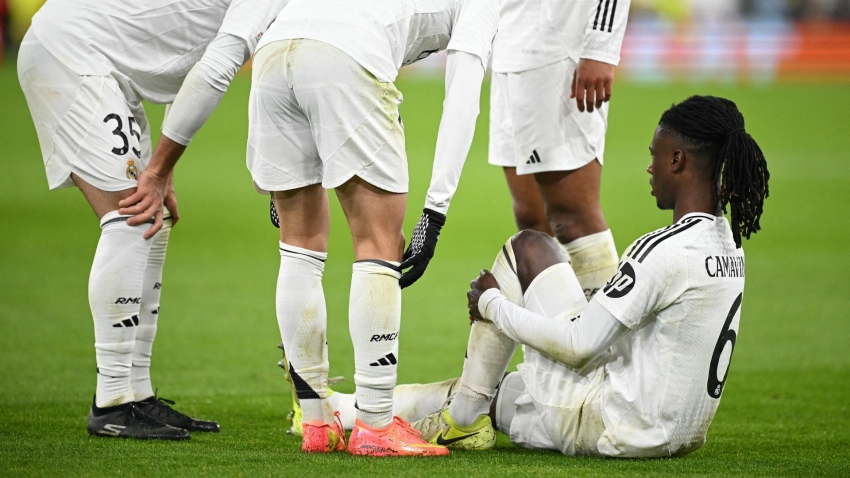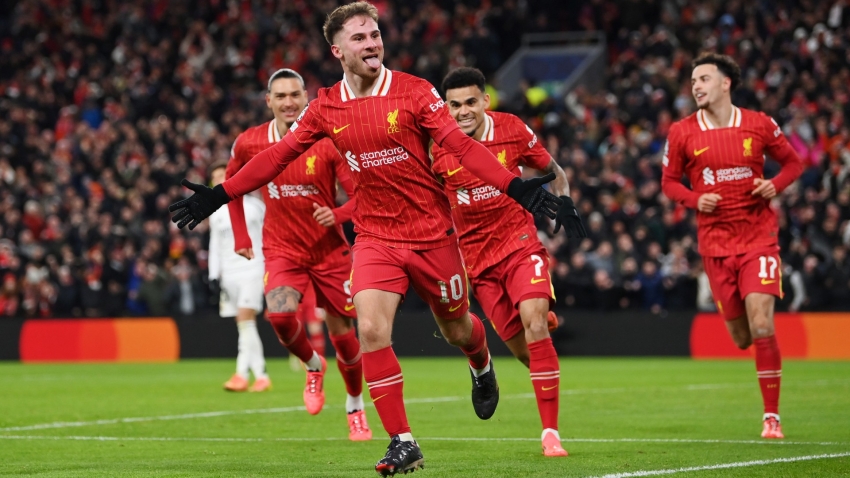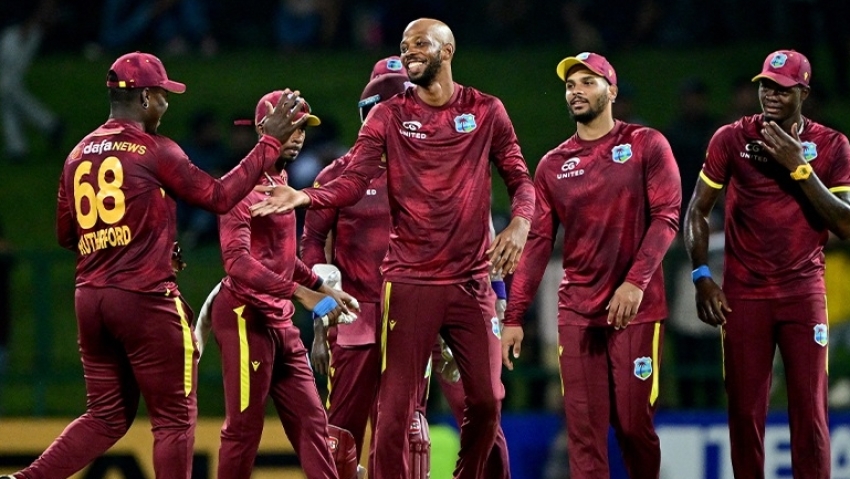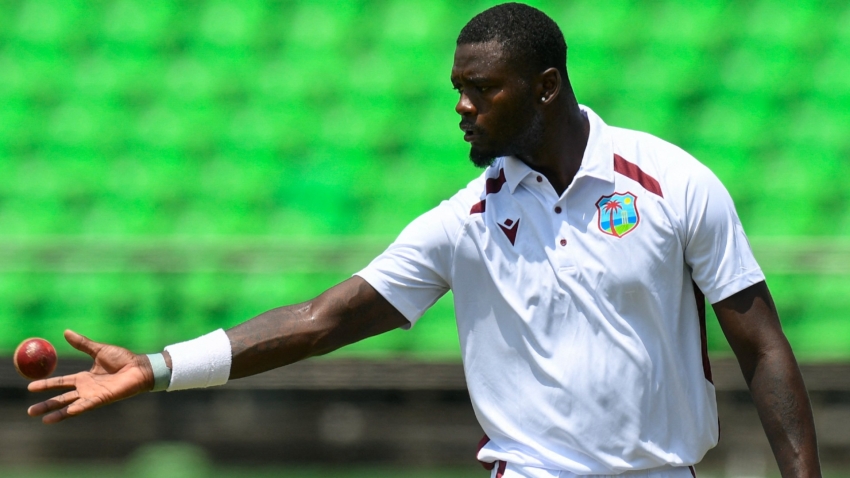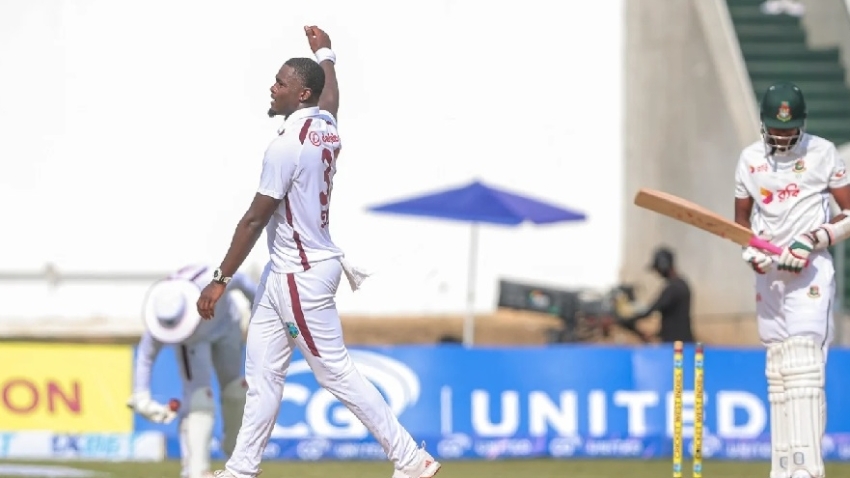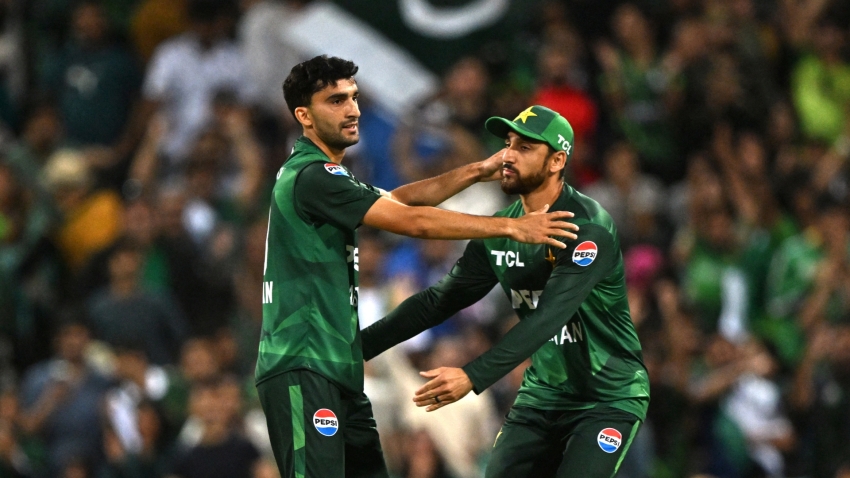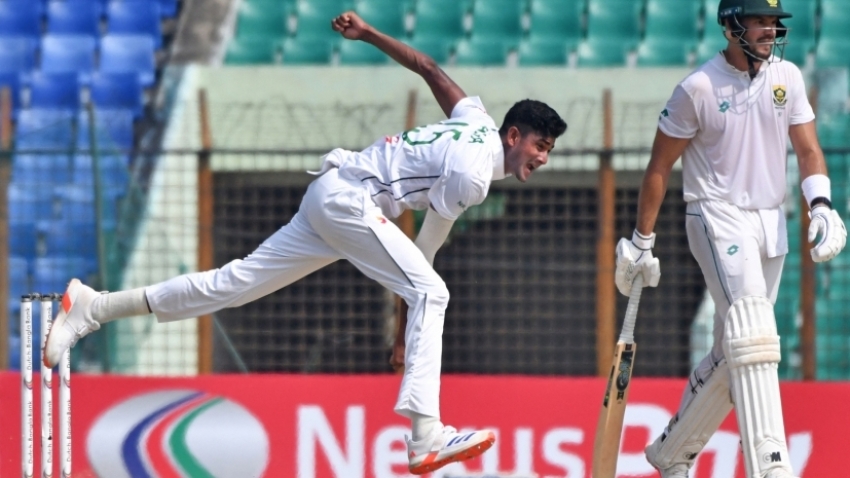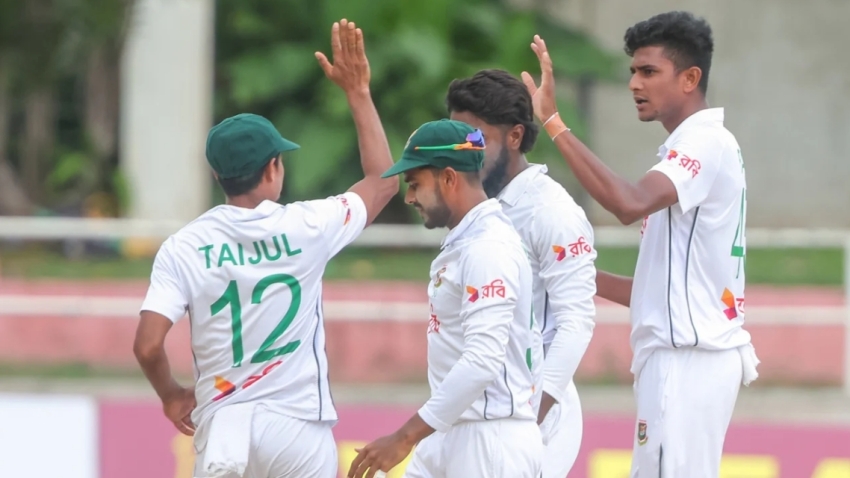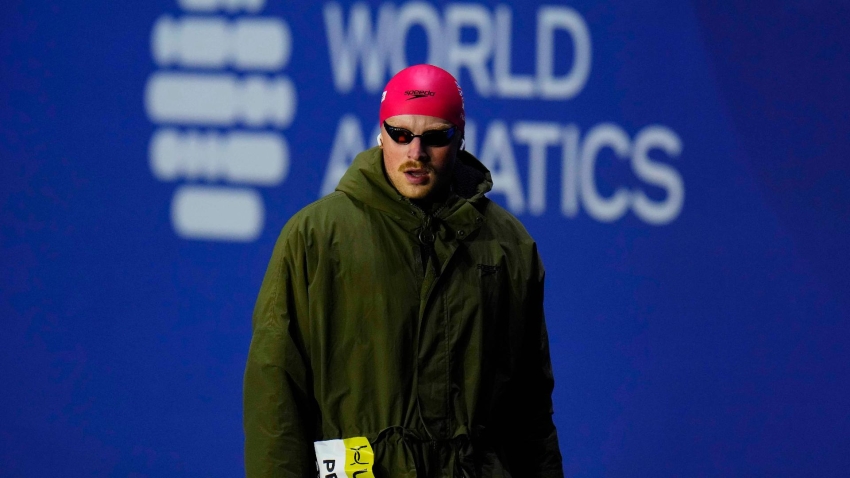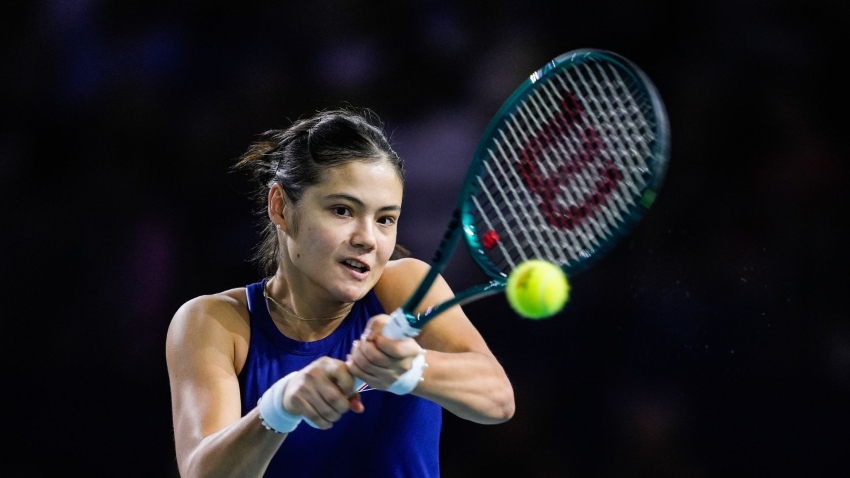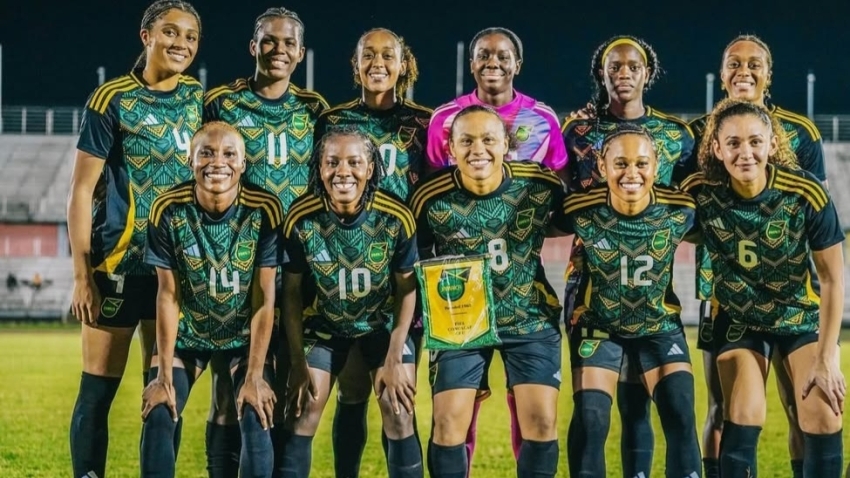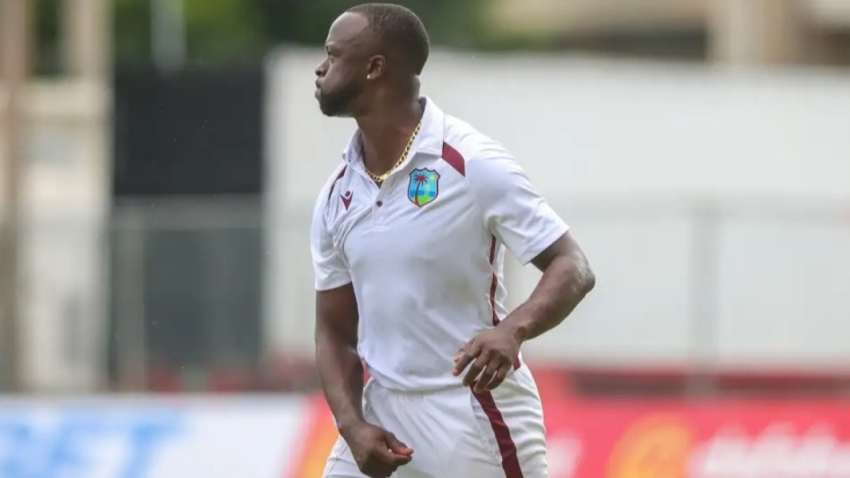Emma Raducanu is already excited to get going in 2025 after reflecting positively on the past 12 months.
The 22-year-old impressed for Great Britain in their Billie Jean King Cup victories over Germany and Canada last week.
Raducanu has struggled with regular injury issues since her remarkable 2021 US Open triumph, but she believes some perspective is needed.
"My assessment is, I think sometimes I need reminding," she told the WTA's official website of her 2024 campaign.
"I'm top 60 in the world and I have played less than 15 events, which is pretty unheard of, in a way.
"I have to pat myself on the back for that. I know I'm a dangerous player. I know no-one wants to pull my name in the draw.
"I take pride in that, and I'm looking forward to hopefully staying on court longer next year."
Raducanu, ranked number 58 in the world, is returning to action in Malaga after two months out with a foot injury.
She will have a part to play when Britain take on Slovenia in Wednesday's semi-finals as she looks to extend her season further.
And a bullish Raducanu intends to work hard on the court heading into the New Year, with the Australian Open fast approaching.
"I think traditionally you'd probably have a bit of a break and take a holiday or something," Raducanu said.
"But I feel like I have had four, five weeks off tennis, and I don't really need any more time off.
"If anything, I'm excited and just itching to get on the practice court, and of course seeing some of my performances this week, it just incentivises me to do more work.
"I'm really pleased with how I've fought and how I'm faring up against these top girls. I feel like I'm in a pretty good spot with my tennis right now."


